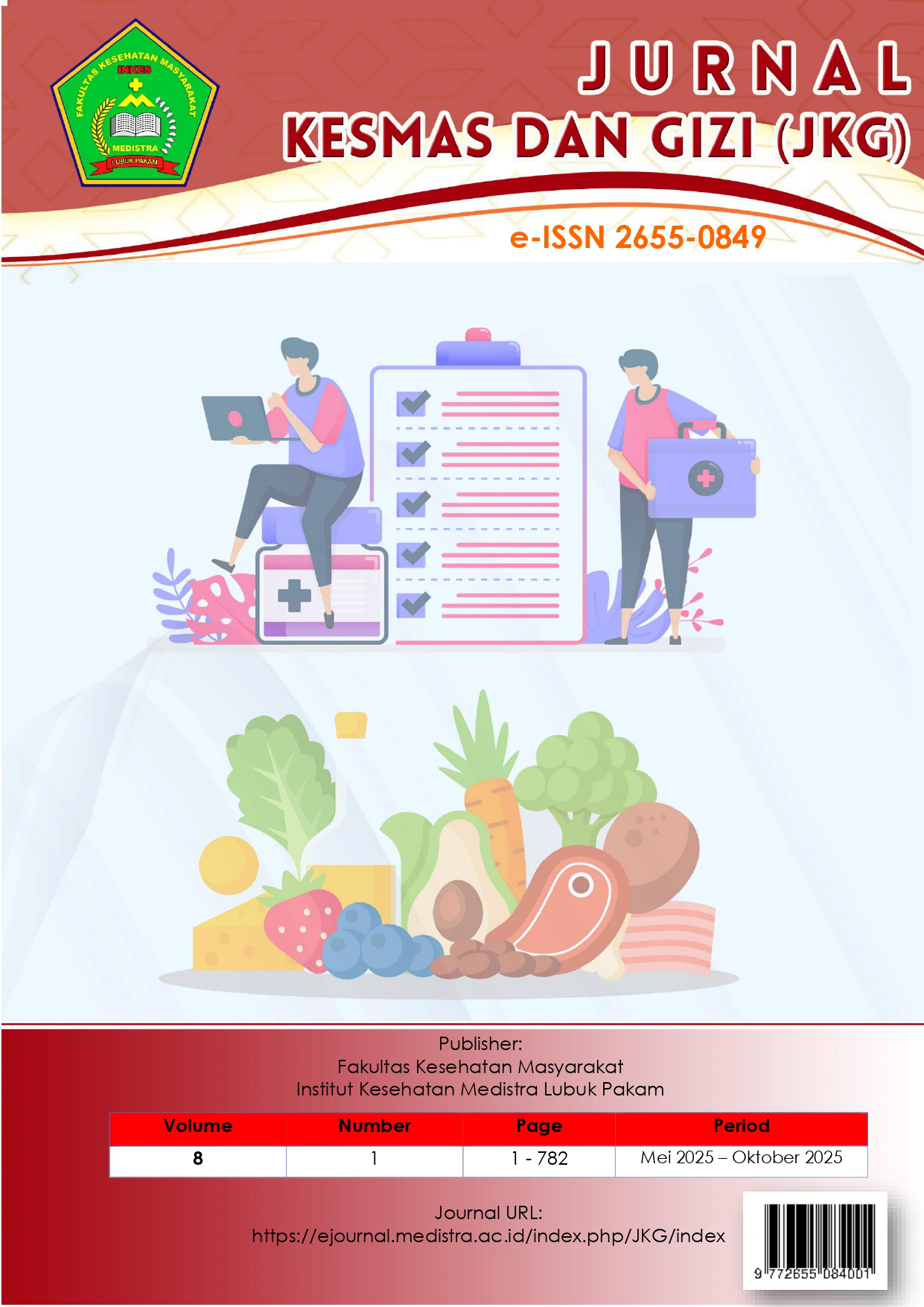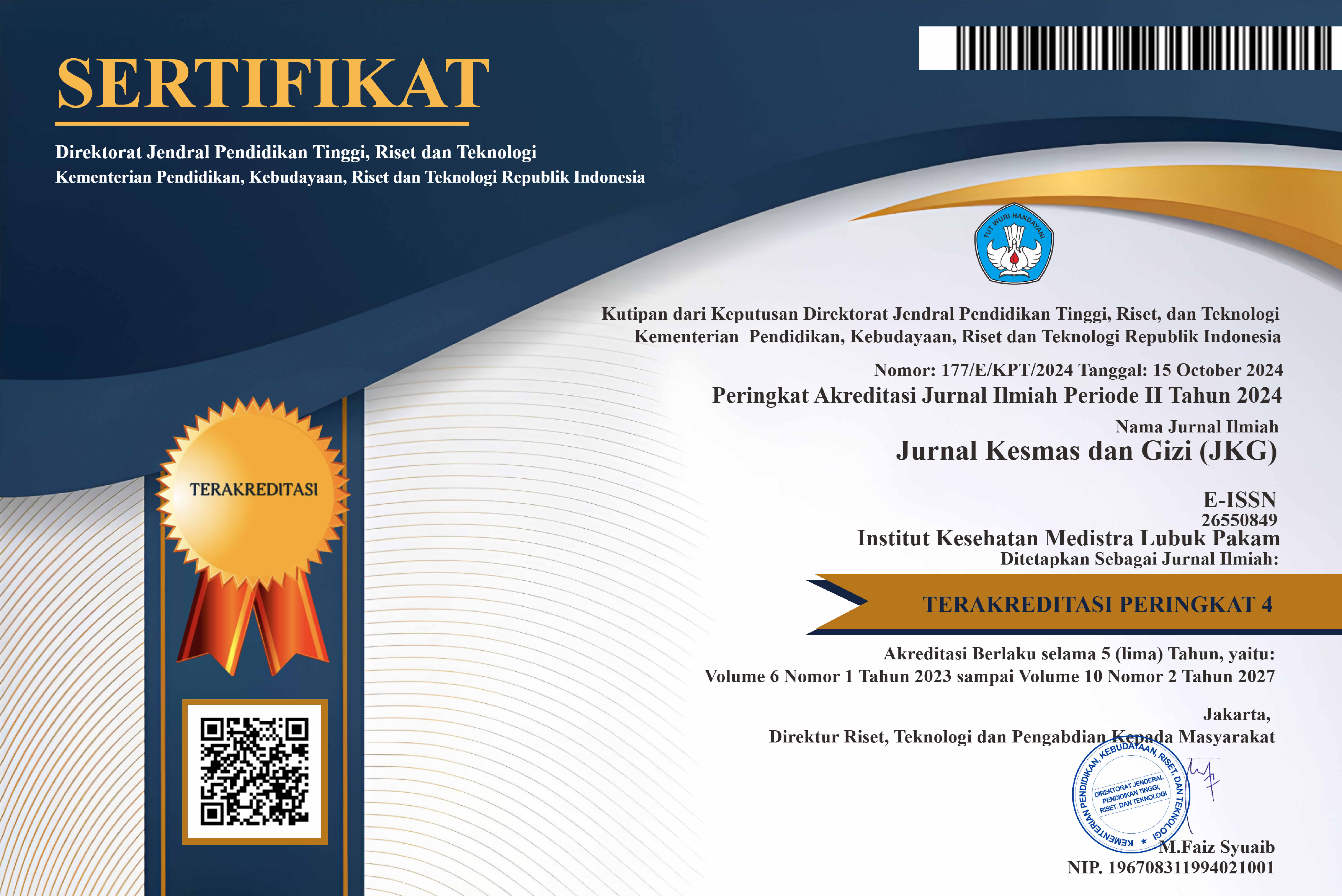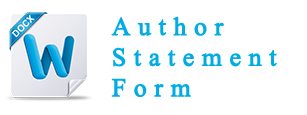Evaluation of the Implementation of Regional Regulation Number 1 of 2019 on the Rehabilitation of Victims of Narcotics, Psychotropic Substances, and Other Addictive Substances Abuse
DOI:
https://doi.org/10.35451/mmavwf81Keywords:
NAPZA Rehabilitation, Implementation of Regional Regulation, North Sumatra, Rehabilitation Policy, Barriers to Implementation.Abstract
Background: The abuse of Narcotics, Psychotropic Substances, and Other Addictive Substances (NAPZA) in North Sumatra Province has become a serious issue. To address this, Regional Regulation Number 1 of 2019 was enacted, aiming to improve the rehabilitation of NAPZA victims. However, the implementation of this policy still faces challenges, such as ineffective intersectoral coordination, limited funding, and insufficient training for rehabilitation staff. These issues hinder the effectiveness of rehabilitation programs and the social reintegration of former NAPZA users. Research Objectives: This study aims to analyze the implementation of Regional Regulation Number 1 of 2019, identify the barriers in rehabilitating NAPZA victims in North Sumatra, and provide policy alternatives to address these barriers and improve the effectiveness of rehabilitation programs. Research Methodology: This research uses Grounded Theory with a qualitative approach. Data were collected through interviews with government officials, rehabilitation staff, and relevant committees. To determine priority policies, the researcher also employed the Analytical Hierarchy Process (AHP). Research Findings: The findings show that weak intersectoral coordination, limited funding, and insufficient training for rehabilitation staff are the main barriers. Additionally, social stigma towards former NAPZA users exacerbates their social reintegration. Conclusion: Enhancing intersectoral coordination, increasing funding, and providing continuous training for rehabilitation staff are necessary to improve the implementation of the regulation. The post-rehabilitation program, based on economic empowerment, must be strengthened to support better social reintegration.
Downloads
References
[1]. Badan Narkotika Nasional (BNN). (2020). Laporan tahunan penyalahgunaan narkoba di Indonesia. BNN. https://www.bnn.go.id/
[2]. Hidayat, A. (2022). Kendala dalam pelaksanaan program rehabilitasi NAPZA di Indonesia. Jurnal Kebijakan Kesehatan, 11(2), 45–60. https://doi.org/https://doi.org/10.12345/jkk.2022.112.45-60
[3]. Kusuma, I. (2019). Faktor sosial dalam rehabilitasi korban penyalahgunaan NAPZA. Jurnal Sosial Masyarakat, 6(1), 22–35. https://doi.org/https://doi.org/10.12345/jsm.2019.61.22-35
[4]. Setiawan, M. (2021). Efektivitas rehabilitasi NAPZA dalam mengembalikan fungsi sosial di Sumatera Utara. Jurnal Kesehatan Masyarakat, 15(3), 123–137. https://doi.org/https://doi.org/10.12345/jkm.2021.153.123-137
[5]. Andriyani, N., Suryanto, P., & Wardhani, N. K. (2021). Dukungan regulasi lokal dalam rehabilitasi berbasis komunitas. Jurnal Kesehatan Masyarakat, 14(2), 134–144.
[6]. Prasetya, & Nugroho. (2020). Pendanaan dan sumber daya dalam rehabilitasi narkoba: Tantangan di daerah. Jurnal Kesehatan Masyarakat, 13(4), 215–227.
[7]. Fitriyani, E., & Santoso, A. (2022). Pendekatan spiritual dalam rehabilitasi NAPZA: Membangun ketahanan mental klien. Jurnal Psikologi Terapan, 15(3), 112–123.
[8]. Heryana, D. (2018). Peran dukungan sosial dalam keberhasilan rehabilitasi korban NAPZA. Jurnal Psikologi Sosial, 9(1), 43–57.
[9]. Hser, Y. I., Mooney, L. J., Huang, D., & Zhu, Y. (2017). Redefining the trajectory of addiction recovery: Long-term impact of rehabilitative programs. Journal of Substance Abuse Treatment, 75, 54–63.
[10]. Kesbangpol. (2021). Laporan evaluasi pelaksanaan Perda No. 1 Tahun 2019 terkait rehabilitasi NAPZA.
[11]. Peraturan Menteri Kesehatan Republik Indonesia Nomor 3 Tahun 2023 tentang Standar Pelayanan Minimal (SPM) Layanan Rehabilitasi NAPZA.
[12]. Riyadi, P. (2021). Keterbatasan anggaran dalam program rehabilitasi narkoba: Tantangan bagi keberlanjutan layanan rehabilitasi. Jurnal Manajemen Sumber Daya, 8(1), 45–60.
[13]. Suryadi, A., & Handayani, T. (2020). Implementasi kebijakan rehabilitasi narkoba berbasis multisektor. Jurnal Kebijakan Publik, 7(2), 101–115.
[14]. Badan Narkotika Nasional (BNN). (2020). Laporan tahunan penyalahgunaan narkoba di Indonesia.
[15]. Tavakol, M., & Sandars, J. (2018). The role of professional development in enhancing the quality of rehabilitation programs. Journal of Substance Abuse Treatment, 99, 58–65. https://doi.org/10.1016/j.jsat.2018.01.003
[16]. Luthra, R., & Tiwari, A. (2019). Social reintegration of drug addicts post-rehabilitation: A case study of community-based rehabilitation models. Asian Journal of Psychiatry, 42, 104–110. https://doi.org/10.1016/j.ajp.2019.05.002
[17]. Bharati, N., & Soni, S. (2021). A comprehensive review of rehabilitation models for drug abuse in Southeast Asia: Lessons from Indonesia, Thailand, and the Philippines. Asian Journal of Social Work and Policy, 12(3), 22–37.
[18]. Lestari, R., & Kurniawati, A. (2022). Evaluasi program rehabilitasi narkoba di Indonesia: Analisis kebijakan dan praktik. Jurnal Kebijakan Kesejahteraan Sosial, 15(2), 103–118. https://doi.org/10.12345/jkks.2022.15.2.103
[19]. Wahyuni, D., & Sutaryo, D. (2020). Pendekatan psikososial dalam rehabilitasi korban narkoba: Implementasi dan tantangannya. Jurnal Psikologi Klinis, 18(1), 67–78. https://doi.org/10.12345/jpk.2020.18.1.67
[20]. Saragih, P., & Simanjuntak, A. (2021). Membangun model rehabilitasi berbasis komunitas dalam menangani penyalahgunaan narkotika di Indonesia. Jurnal Ilmu Kesehatan Masyarakat, 10(1), 23–34.
[21]. Kurniawati, I., & Hadi, S. (2019). Evaluasi kebijakan rehabilitasi narkoba di daerah: Studi kasus di Sumatera Utara. Jurnal Kebijakan Publik, 7(3), 245–257. https://doi.org/10.12345/jkp.2019.7.3.245
[22]. Suliswati, L., & Prasetyo, T. (2020). Tantangan dalam implementasi rehabilitasi berbasis masyarakat di Indonesia: Pendekatan berbasis bukti. Jurnal Kesehatan Masyarakat, 14(1), 34–49.
Downloads
Published
Issue
Section
License
Copyright (c) 2025 Muhammad Taufik Ismail, Felix Kasim, Rahmad Ramadhan Ritonga

This work is licensed under a Creative Commons Attribution 4.0 International License.
Copyright in each article is the property of the Author.



























